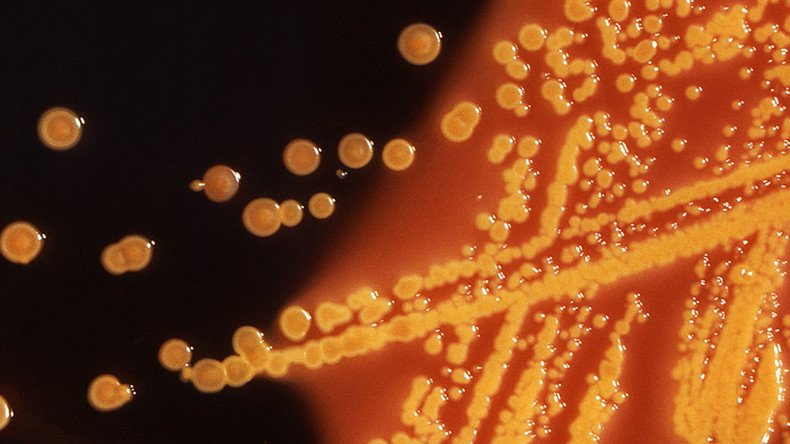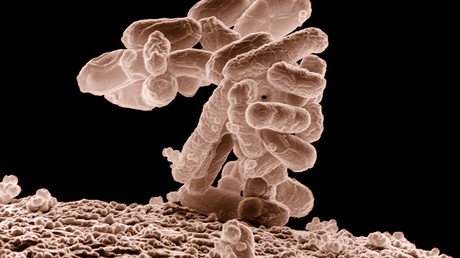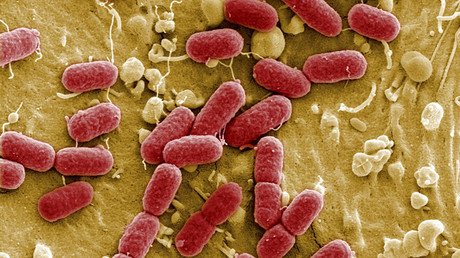2nd US patient carrying antibiotic-resistant ‘superbug’ found in New York

A second patient carrying the antibiotic-resistant “superbug” has been identified in New York, one month after a woman carrying the gene was discovered in Pennsylvania.
The mcr-1 superbug gene makes bacteria highly resistant to a last-resort class of antibiotics, sparking fears of a possible “end of the road” for the crucial drugs.
Scientists identified the gene in the patient’s sample of E. coli bacteria, a finding published Monday in Antimicrobial Agents and Chemotherapy, a journal of the American Society for Microbiology.
The diagnosis follows on from the first discovery that proved the superbug had reached the US, which was found in April but shared in the same microbiology journal in May. In that instance, a 49-year-old woman in Pennsylvania showed symptoms of a urinary tract infection, but it was later determined that the patient carried a strain of E. coli.
The unique superbug is resistant to the antibiotic called colistin, a drug used to treat multi-drug-resistant infections and usually a last resort because of its side effects.
Scientists have been tracking the mcr-1 gene as it spread around the globe since it was first discovered in China last year.
US officials are worried the superbug may find its way into CRE bacteria, which would make the superbug resistant to “virtually all types of antibiotics,” reported Reuters.
The finding in New York was part of a global effort called the SENTRY Antimicrobial Surveillance Program, which tested over 20,000 patients from around the world with E. coli or Klebsiella pneumoniae strains.
Of those 20,000 patients, 390 (1.9 percent) were resistant to colistin and 19 of those 390 tested positive for the mcr-1 gene.
In both US cases, while they carried the superbug gene that is resistant to colistin, they were susceptible to other antibiotics which made the infections treatable.














